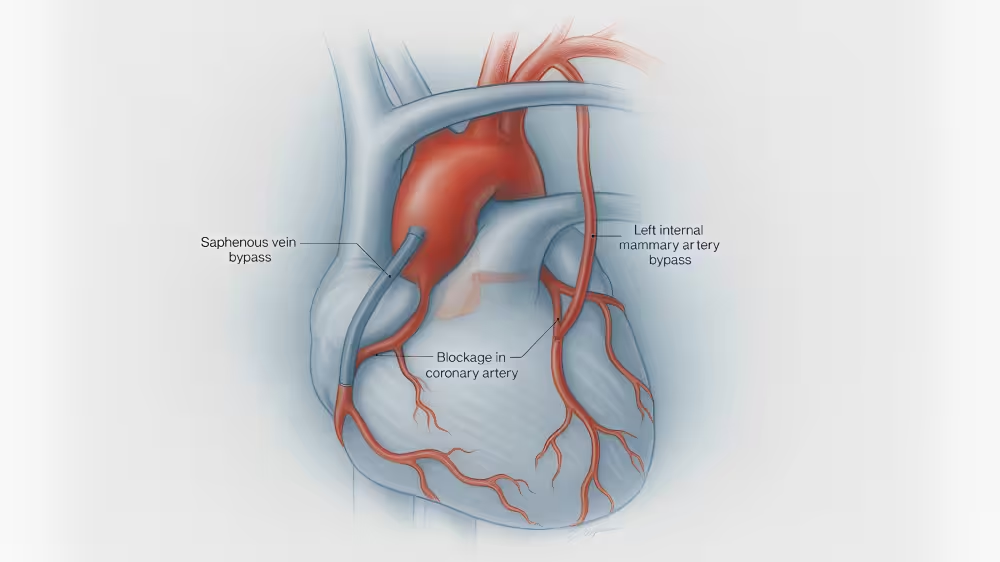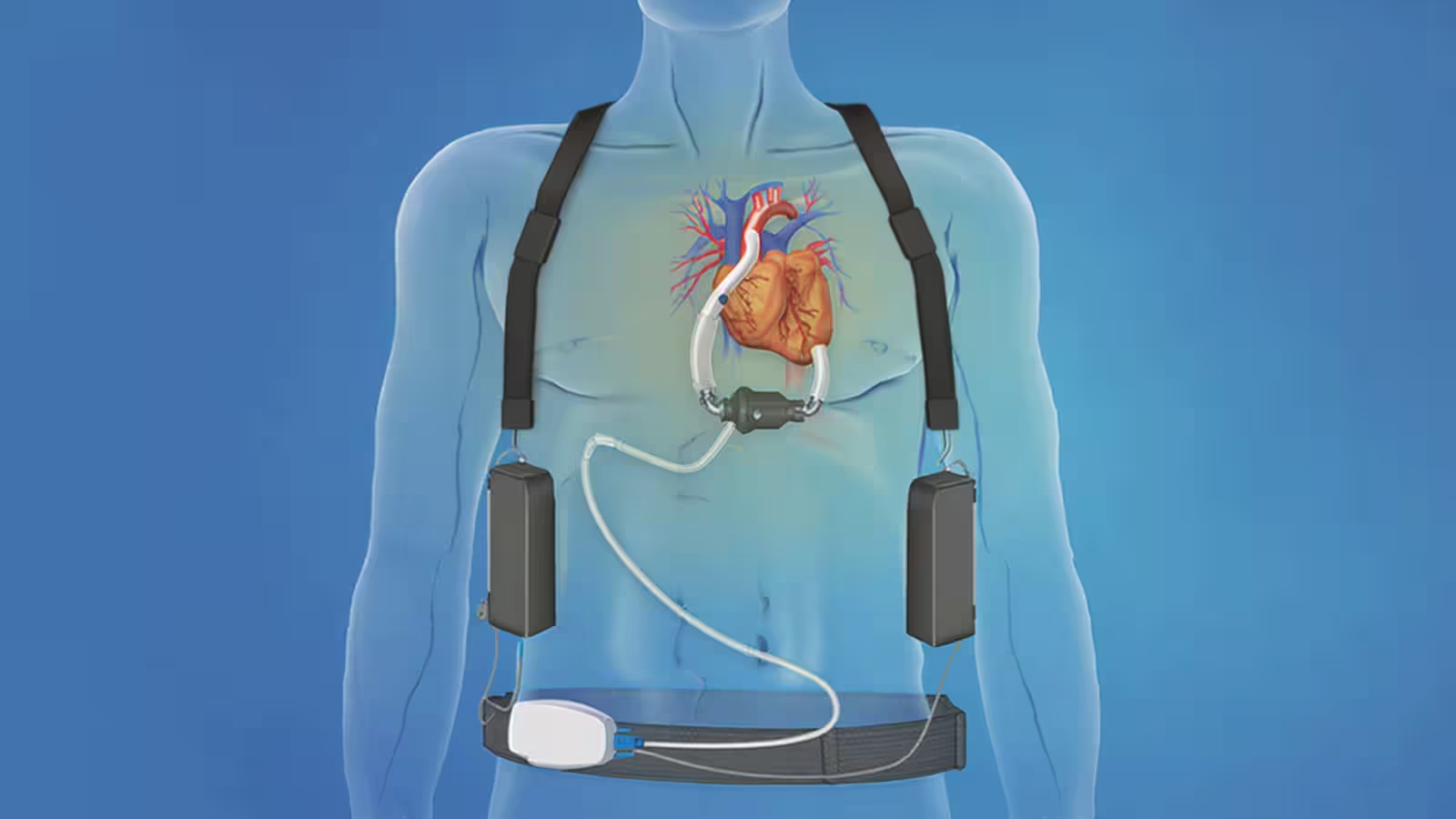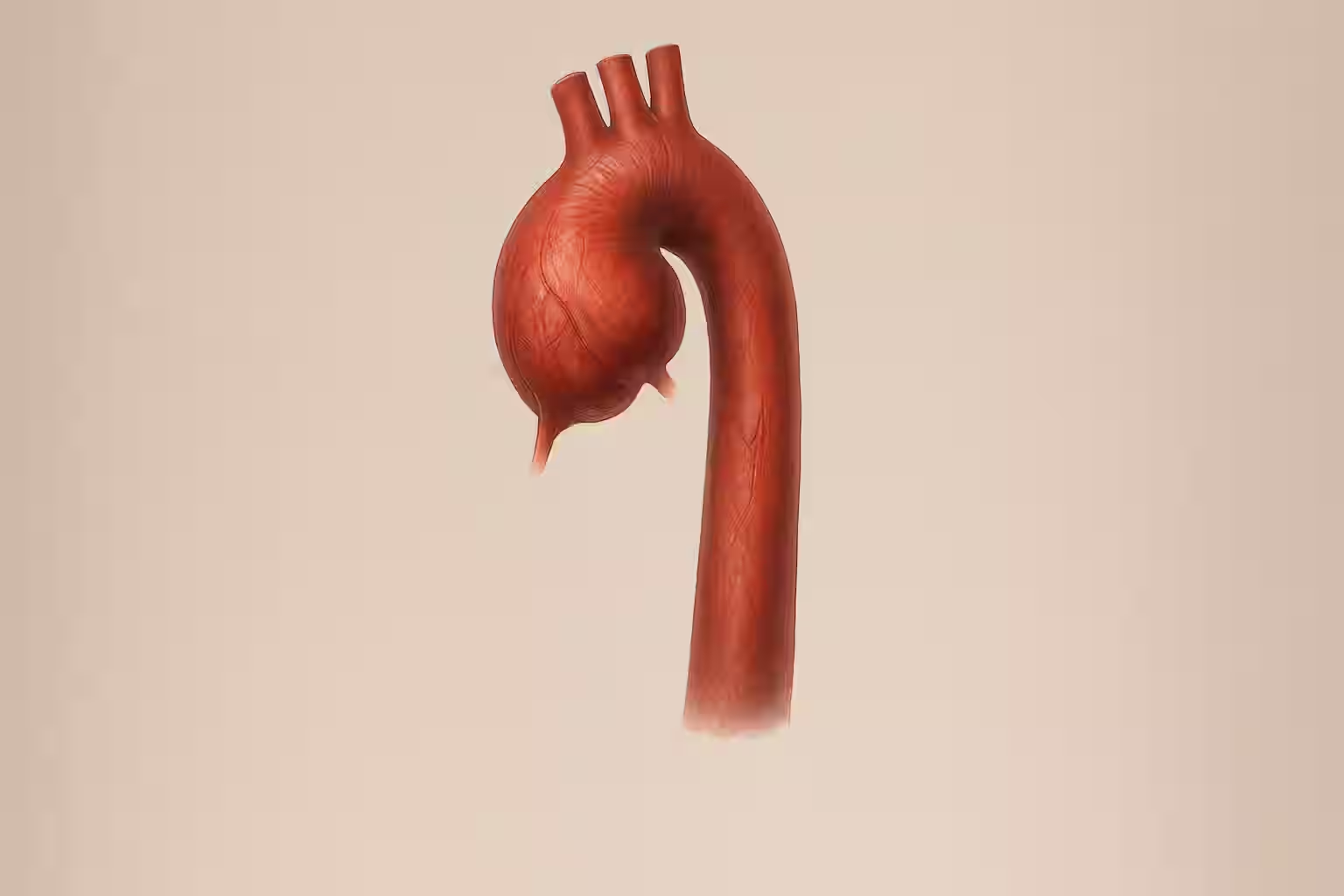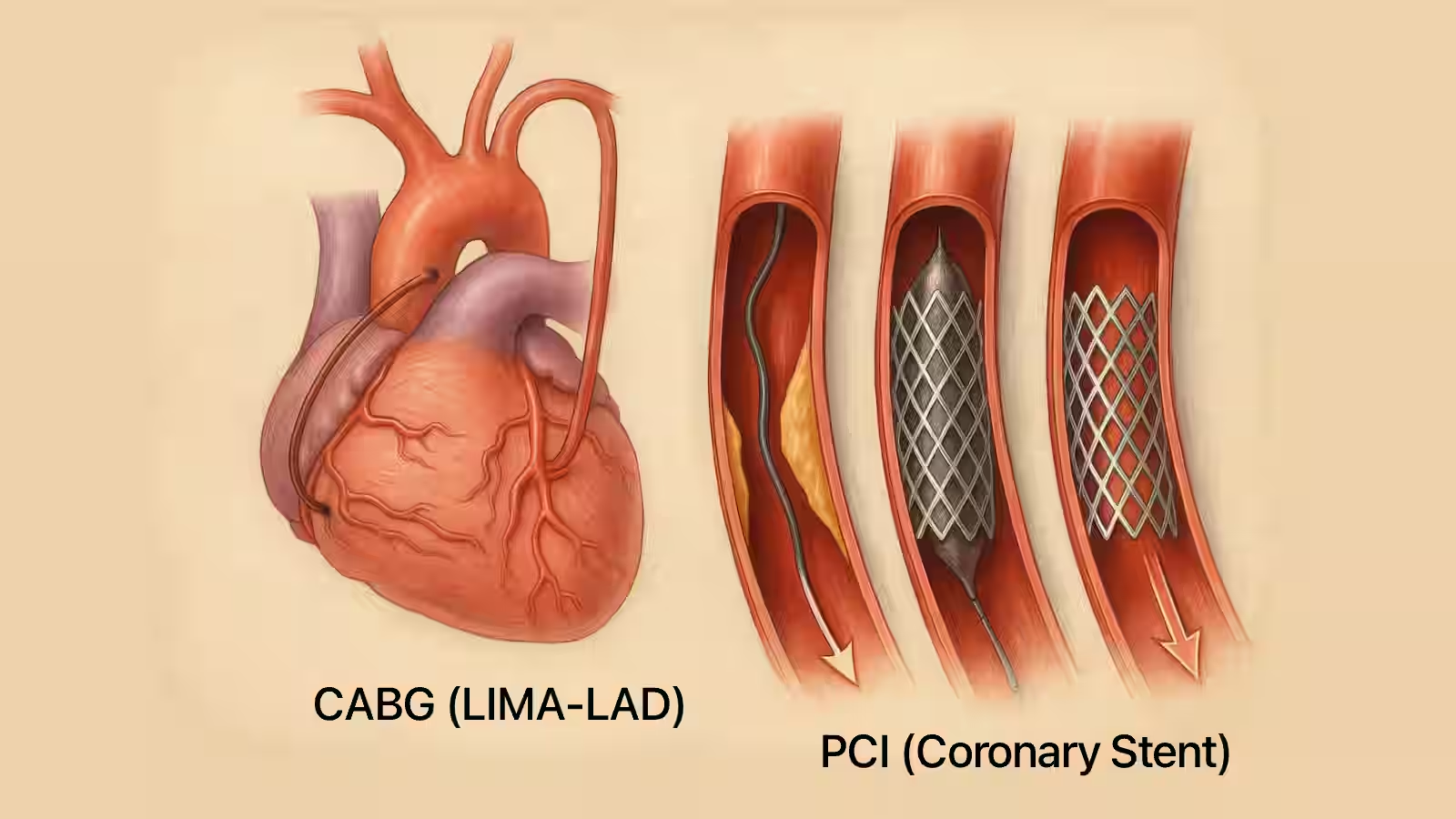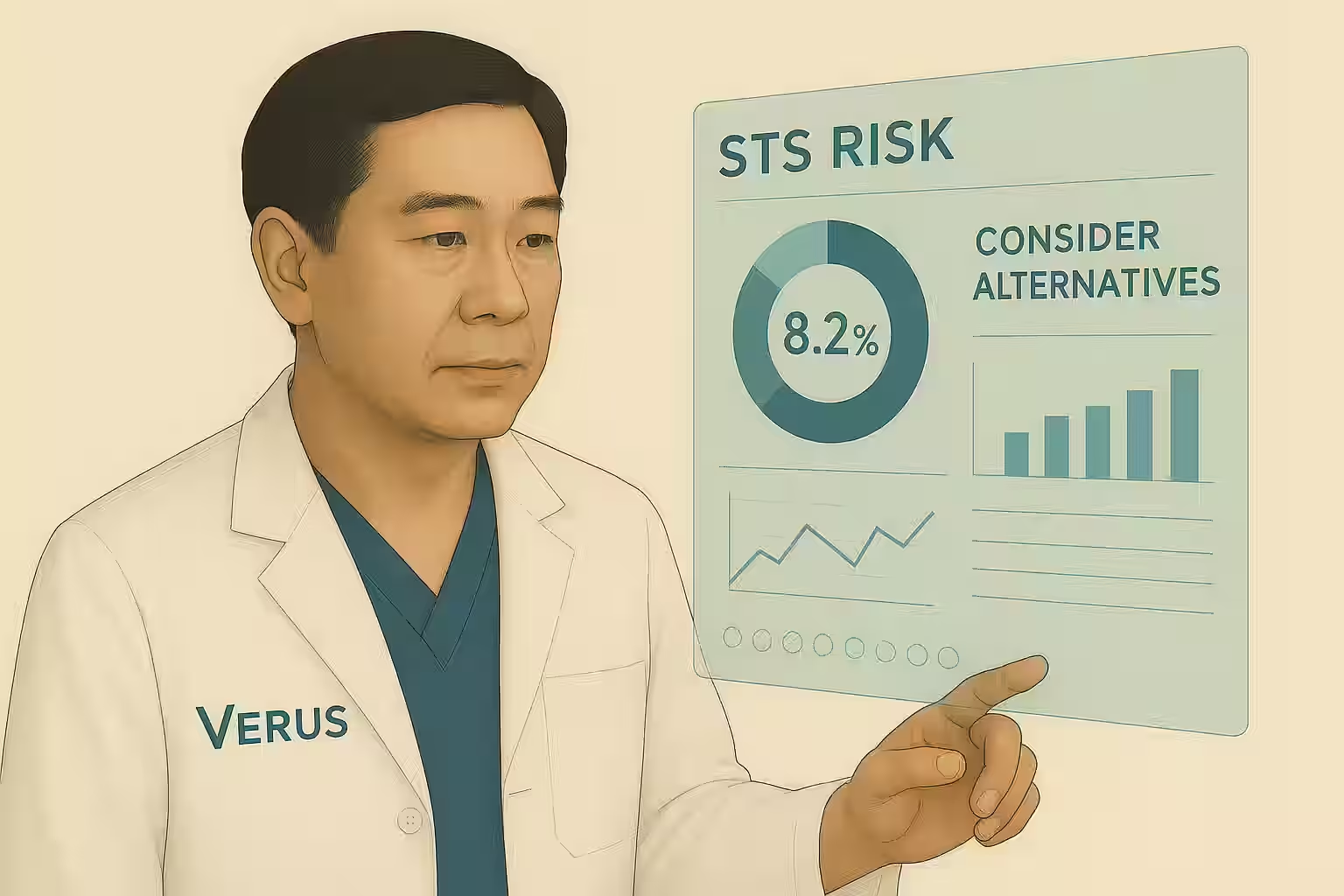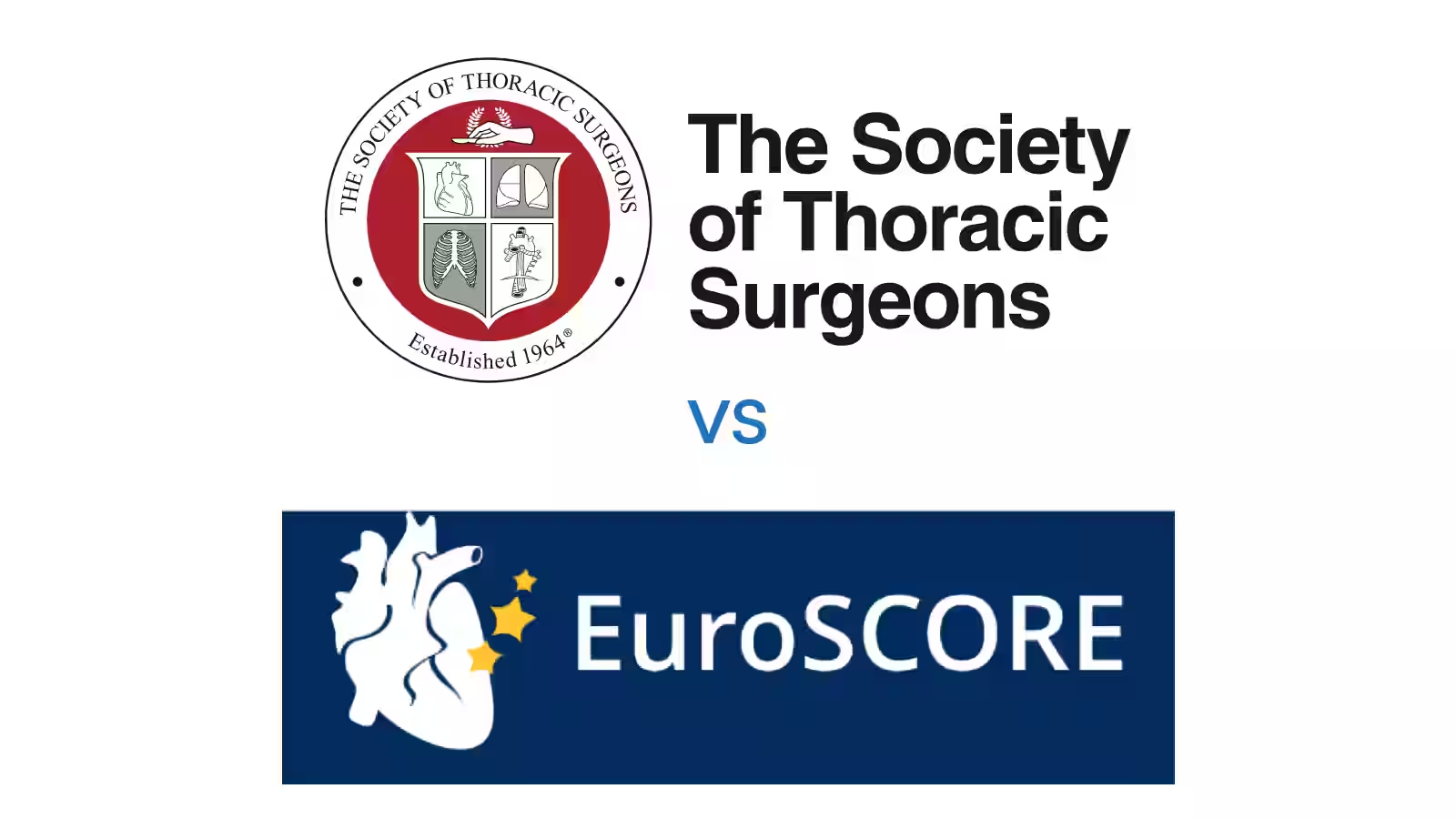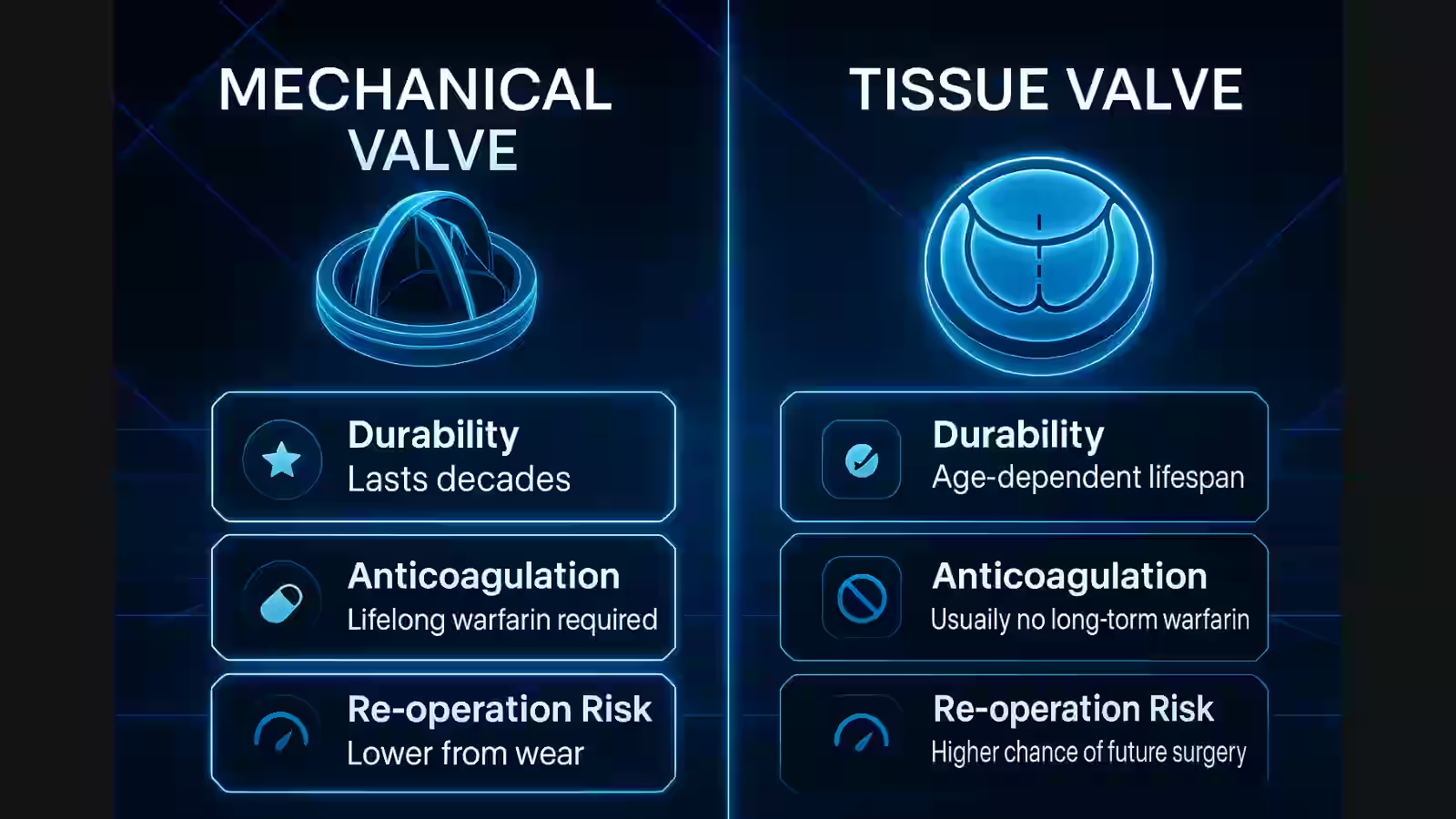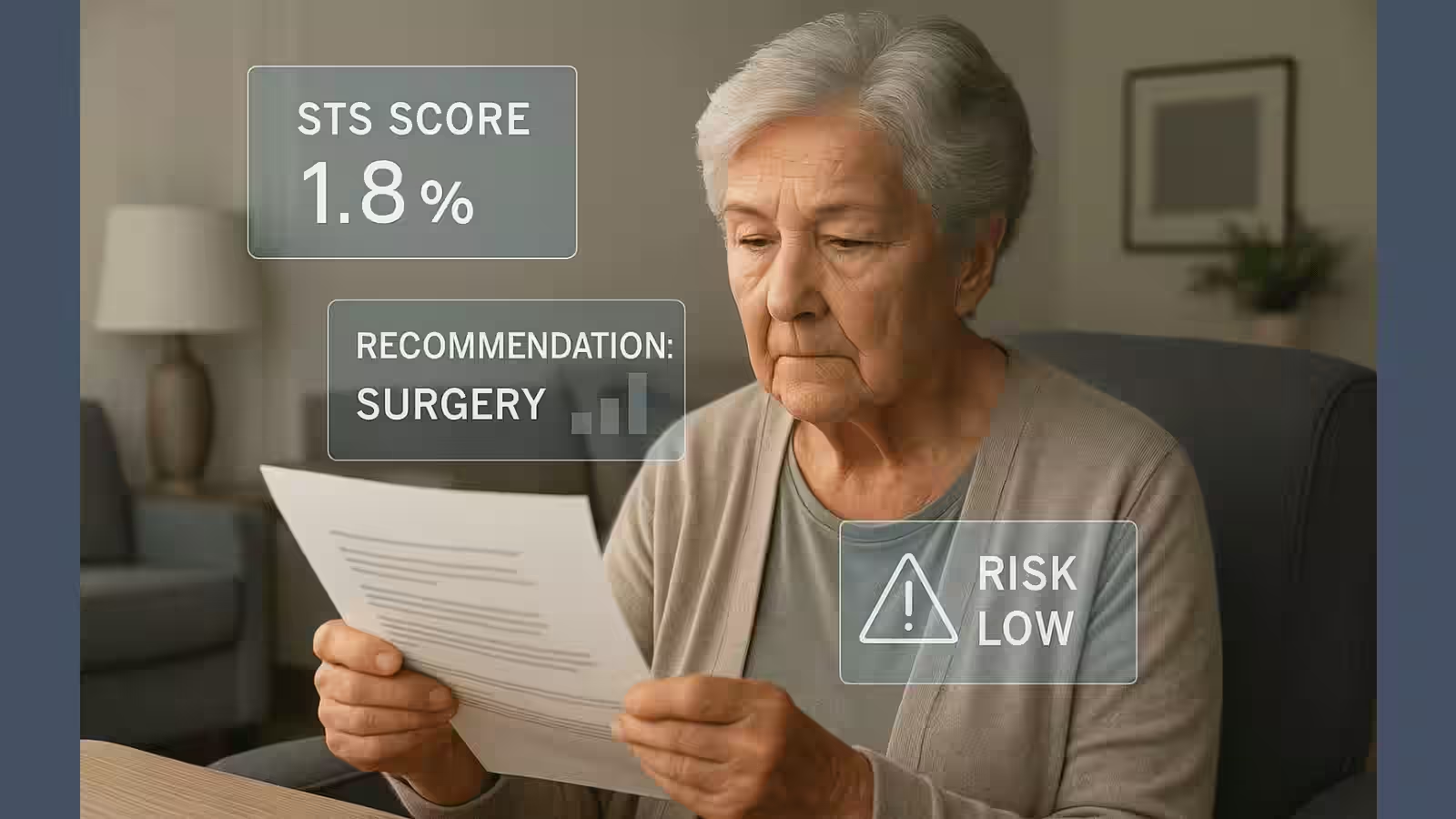At Verus, we believe in empowering patients with expert guidance, clear explanations, and time to decide. Here's how to know if bypass surgery is truly right for you.
Wthat Is Bypass Surgery - and Why Is It Recommended?
Coronary artery bypass grafting (CABG) is a surgery that restores blood flow around blocked heart arteries. Surgeons typically use arteries or veins from your body to create detours - or "bypasses" - around the blockages.
It’s usually recommended when:
- You have blockages in multiple arteries
- There's left main coronary artery disease
- You have diabetes and significant coronary disease
- Prior stents or medications have failed
- Your heart function is reduced
These are known as Class I indications - backed by strong evidence that surgery improves survival and quality of life.
Are There Alternatives to Bypass Surgery?
Yes - and they’re worth understanding before committing to an operation.
Common alternatives include:
- Medical therapy: Drugs to control symptoms and stabilize plaque
- Stents (PCI): Less invasive than surgery, effective for certain blockages
- Lifestyle optimization: Diet, exercise, and cholesterol control
- Watchful waiting: If symptoms are mild and risk is low
Not everyone needs surgery right away - or ever. A second opinion can clarify whether these alternatives apply to you.
How Do I Know If It’s Truly Urgent?
Most bypass surgeries are elective, not emergent. Here's how to tell if you have time to pause:
- No recent heart attack
- No worsening chest pain at rest
- Good exercise tolerance
- Stable test results
If your symptoms are stable and your test results aren’t high-risk, it’s appropriate to get another opinion before proceeding.
What Are the Risks and Benefits of CABG?
Benefits:
- Can reduce long-term mortality in high-risk patients
- Often relieves chest pain and improves energy
- May boost heart function
Risks:
- Infection, bleeding, stroke, or kidney issues
- Recovery can take 6–12 weeks
- Some bypasses may fail over time
- Some patients don’t feel any different afterward - especially if they weren’t symptomatic to begin with
Surgery carries real risks—and it’s irreversible once done.
Why Get a Second Opinion?
Second opinions often lead to different recommendations. In fact, studies show they change the treatment plan in up to 30% of cardiac surgery cases.
You might learn:
- Your anatomy allows for stents instead
- Your disease isn’t severe enough to need any procedure yet
- Your diagnosis was correct—but now you feel confident in your decision
You don’t just need more information. You need the right expert explaining what it actually means for you.
What Makes a Verus Second Opinion Different?
- Fast turnaround (often within 3–5 days)
- Direct review by top cardiac surgeons
- Clear, written report with guideline-based recommendations
- No pressure, no hospital bias
Verus exists to protect patients from rushed or unnecessary surgery—while ensuring no one misses a lifesaving one.
Worried about whether you really need bypass surgery?
Verus can help. Get a personalized second opinion from a top cardiac surgeon—delivered in days, not weeks.
You deserve answers you can trust.
